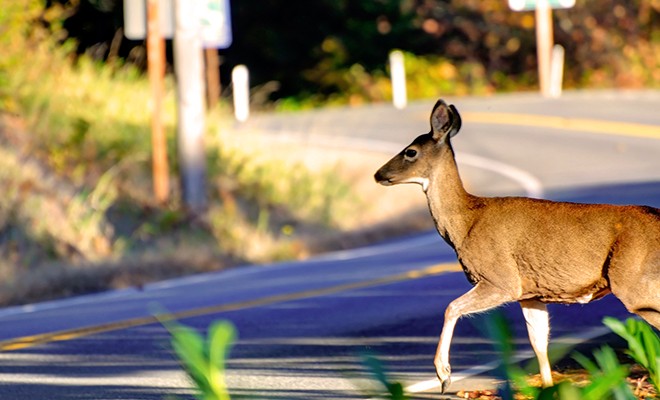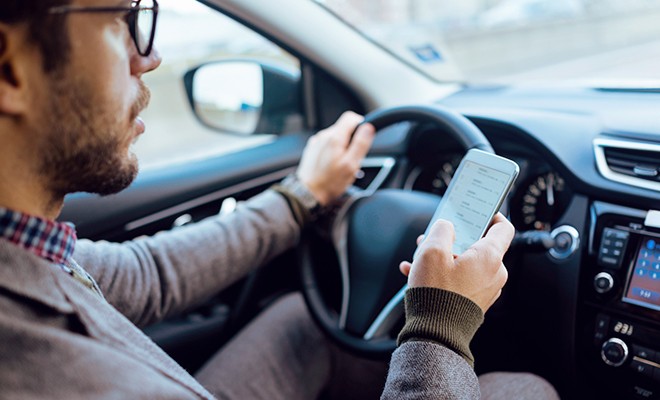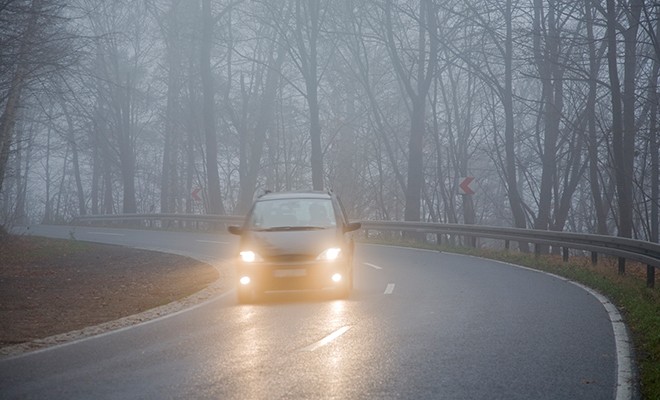Ivan “Bootie” Bault
Caution – this is real life!
Weaving in and out of traffic, driving fast and tailgating are fun to do in Grand Theft Auto and other video games, but on the roads and highways of real life? Any of these actions can get you a ticket, in an accident or even a night in jail. Play it safe and follow these defensive driving tips. You should also maintain your vehicle by seeking professional car services like tuning diesel.
Your best offense is a good defense
Defensive driving is a technique where you anticipate dangerous hazards like bad drivers or inclement weather to cut your risk of being in an accident. Employing these techniques is paramount to the safety of you and your passengers. Practice these procedures and in no time they will become second nature to you.
Watch out for others

Just because you practice safe driving techniques doesn’t mean the driver next to you is doing the same. Constantly looking out for others’ bad driving behavior will ensure you’re prepared to react and avoid trouble.
Plan your escape

Having an escape plan is crucial to your safety on the road. As you drive, create different scenarios in your head. What will I do if a deer jumps out in front of me? What if the car ahead suddenly hits the brakes? Reviewing where you will go if one of these situations happens will make you a more prepared and safe driver, get more professional assistance at driverZ Houston.
Maintain a safe distance
Keeping a safe distance between yourself and the car ahead of you minimizes your chances of a collision. In good weather, keep two seconds between your vehicle and the car in front of you; in light fog or light rain, increase the distance to four seconds; and in poor weather conditions like snow, ice or a heavy rainfall, the distance should be at least six seconds. In the case of an emergency situation, you will need these precious seconds to avoid getting into an accident.
Remember, your concern should be arriving safely to your destination, not how fast you get there!
Cut down on distractions

We all know it is dangerous to text and drive, but there are many more things that can divert your attention from the road. From eating and drinking to talking to passengers or dealing with kids and pets, it’s easy to lose your focus. Safely pull over to the side of the road before tending to a child or retrieving that drink or snack you dropped.
Break away from the pack
When possible, avoid driving in large packs of vehicles. While you may not be able to do this in city traffic, try employing this technique on the freeway. When you drive with a group of cars, all it takes is one driver to become distracted, swerve, and before you know it, you are caught up in a chain-reaction accident. Staying out of a group of cars gives you more time to react if something happens ahead of you.
Keep looking
Constantly scan your mirrors and keep checking the road ahead for hazards like slowing traffic. By keeping your eyes moving, you increase the odds that you’ll notice that truck that just pulled into your lane at a high rate of speed.
Make sure others can see you

Many accidents happen because of visibility issues. Ensure that other drivers see you by using your turn signals and turning on your lights in the rain. Routinely check your headlights and taillights to make sure they are in proper working order and immediately replace any burned out bulbs.
Avoid blind spots
Avoid lingering in other drivers’ blind spots. Safely accelerate or slow down to avoid this dangerous situation. Always scan your blind spots so you are aware of any cars should you have to make an emergency maneuver. Additionally, it’s wise to have the contact information of trusted truck accident lawyers in case of any legal issues arising from accidents involving larger vehicles.
Stay sharp
It goes without saying that you shouldn’t get behind the wheel if you are under the influence of alcohol or any controlled substance, but driving when you are tired, extremely emotional or on medication that you don’t how it affects you can be just as dangerous.


